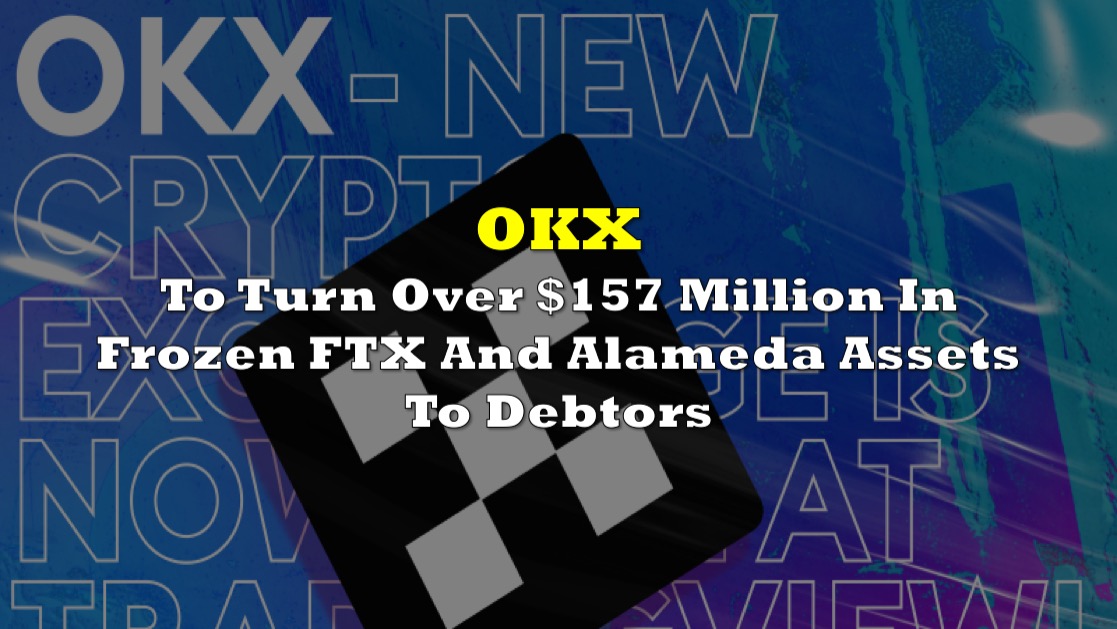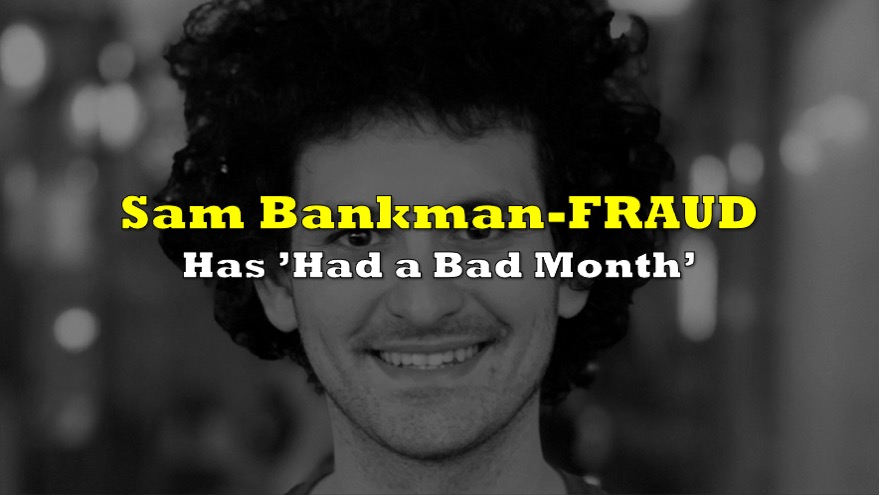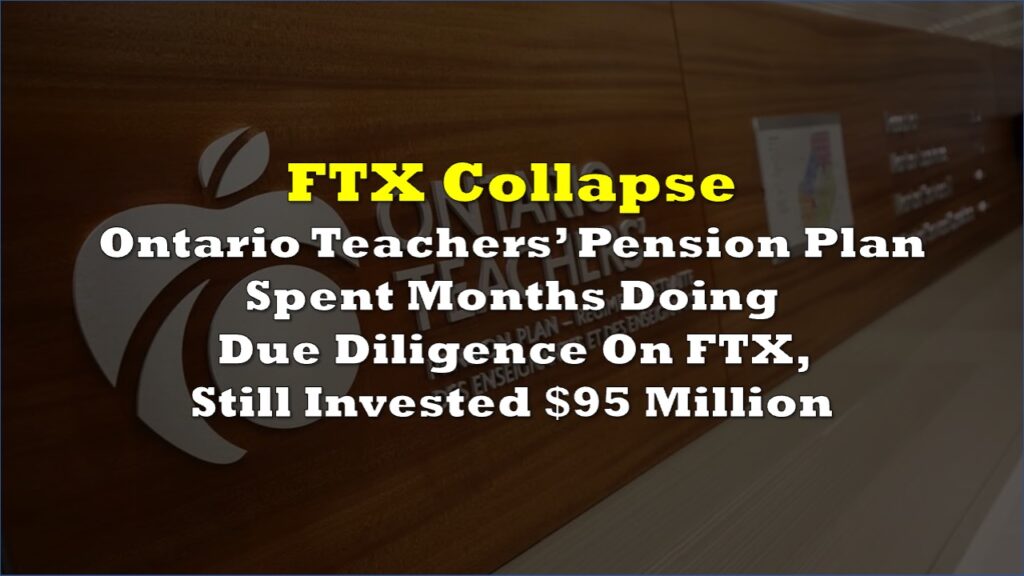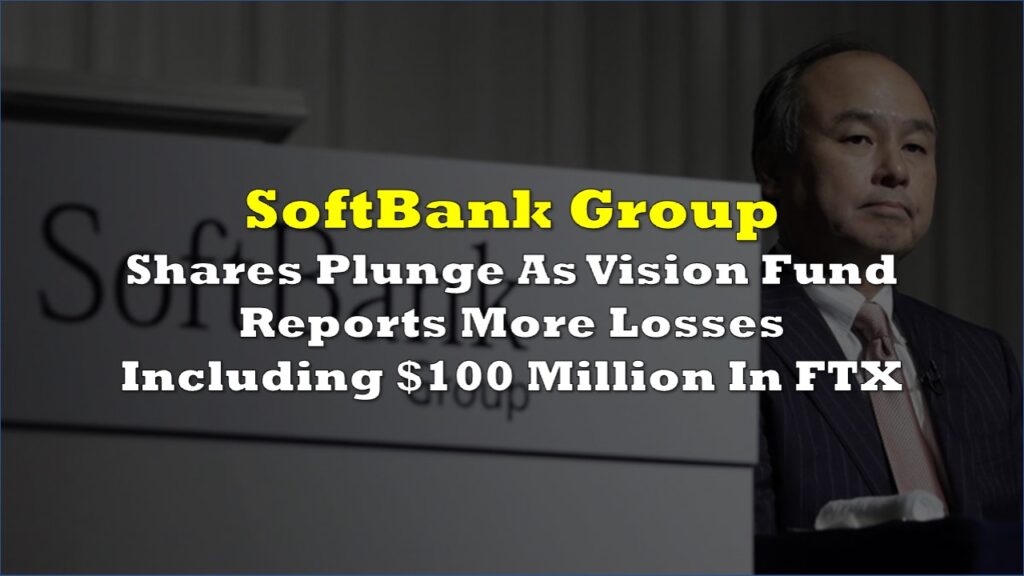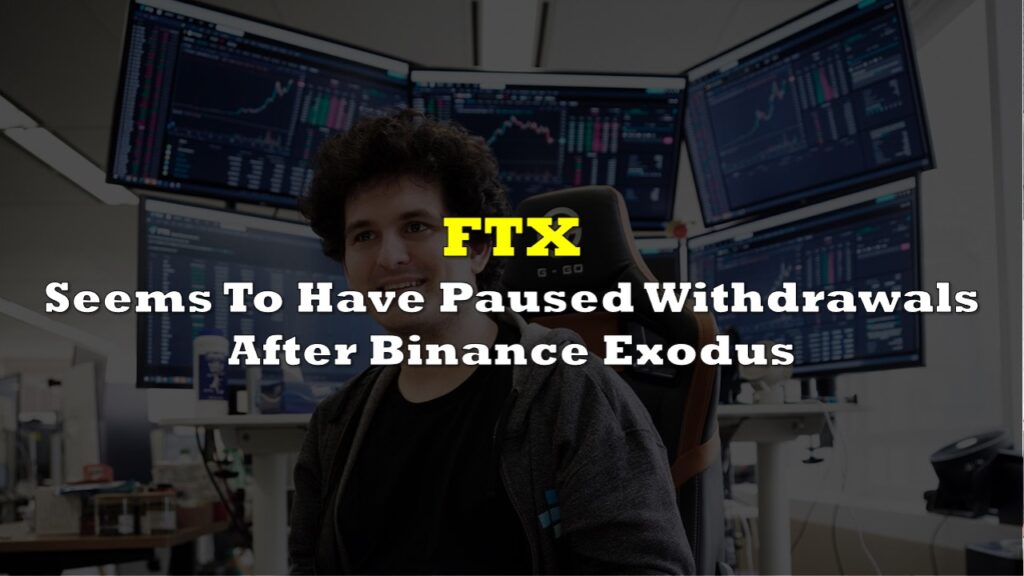Crypto exchange OKX revealed on Thursday that it will be turning over approximately $157 million in frozen assets related to the failed exchange FTX and Alameda Research, in response to a motion filed today in the FTX bankruptcy proceedings.
The firm relayed that at the time of FTX implosion in November 2022, OKX “proactively initiated investigations to determine whether there had been any FTX-related transactions on its platform.” The exchange said it immediately froze the associated accounts and safeguarded the assets.
“OKX welcomes the motion and will continue to cooperate with the FTX debtors and law enforcement officials in the hope that these assets will eventually be returned to FTX users through the bankruptcy process,” said the firm in its statement.
For #OKX, doing right by crypto traders & the industry is always a top priority.
— OKX (@okx) March 29, 2023
We did a proactive investigation when FTX collapsed and froze all associated assets & accounts.
Today, we are turning over USD157 MN in frozen FTX & Alameda-related assets.
Details ↓
Mike Burgersburg of Dirty Bubble Media, who first broke the FTX-Alameda issue, also revealed that out of the frozen assets OKX will be turning over, about $150 million of which was held in an account under a reportedly former FTX employee.
In a declaration, it was said that from the date that the said OKX account was opened through on or about November 10, 2022, it “was controlled and used by Alameda Research LLC and/or its subsidiaries.” He declared no interest in the assets and forfeited his claim.
🚨 OKX TURNS OVER $157 MILLION IN FTX FUNDS. $150 MILLION WAS HELD IN AN ACCOUNT UNDER THE NAME OF DAVID RATINEY, A FORMER FTX EMPLOYEE.
— DIRTY BUBBLE MEDIA: GOOD LUCK, GOOD BYE. (@MikeBurgersburg) March 30, 2023
MR. RATINEY STATED THE ACCOUNT WAS OPENED ON BEHALF OF ALAMEDA RESEARCH AND AGREED TO FORFEIT THE ASSETS. pic.twitter.com/TRtZ07ueib
The OKX turnover comes after FTX debtors reported that it will recover over $400 million in cash that former CEO Sam Bankman-Fried invested via Alameda Research into Bahamas-based hedge fund Modulo Capital back in 2022. According to a filing, Modulo will repay $404 million in cash and return $56 million worth of assets it held with FTX.
Alameda Research transferred a total of $475 million to Modulo back in spring 2022, during when FTX was undergoing significant losses and teetering on the edge of bankruptcy, the court filings show. The latest agreement will recoup about 97% of those investments, which means Modulo will be left with about 1% in remaining assets.
Related to recovering assets for FTX debtors, Alameda Research also sued asset management Grayscale Investments earlier this month in an effort to unlock value in bitcoin trust.
Grayscale, according to the FTX debtors led by CEO John Ray III, is preventing shareholders in Grayscale’s Bitcoin and Ethereum Trusts from redeeming their shares and charging “exorbitant management fees,” which they claim is suppressing the value of the shares.
The plaintiff is seeking injunctive relief in a bid that it claims could “unlock $9 billion or more in value for trust shareholders” and “realize over a quarter billion dollars in asset value for the FTX debtors’ customers and creditors.” Alameda is also suing Grayscale’s owners, Digital Currency Group and Barry Silbert, as well as CEO Michael Sonnenshein.
FTX has a long way to go to recover the amount of assets it tallied earlier this year. In a presentation back in January to the members of and advisors to the Official Committee of Unsecured Creditors, the FTX debtors have identified only $1.6 billion of digital assets associated with FTX.com and only $181 million of digital assets associated with FTX US as of the petition date in November 2022.
Combining the located crypto assets of the international and US exchanges, the total balance of crypto assets come in at around $1.79 billion. The crypto assets balance located in FTX’s sister hedge fund Alameda Research totals $1.95 billion, making up a sum of around $3.5 billion in crypto assets.
Regulators have already sued Bankman-Fried for the crypto exchange’s collapse and a trial is set for October. While the founder has pled not guilty, his cohorts–Alameda CEO Caroline Ellison, former FTX CTO Zixiao (Gary) Wang, and former FTX’s director of engineering Nishad Singh–have all pled guilty to charges and are working with authorities to build the case.
Information for this briefing was found via the sources mentioned. The author has no securities or affiliations related to this organization. Not a recommendation to buy or sell. Always do additional research and consult a professional before purchasing a security. The author holds no licenses.

